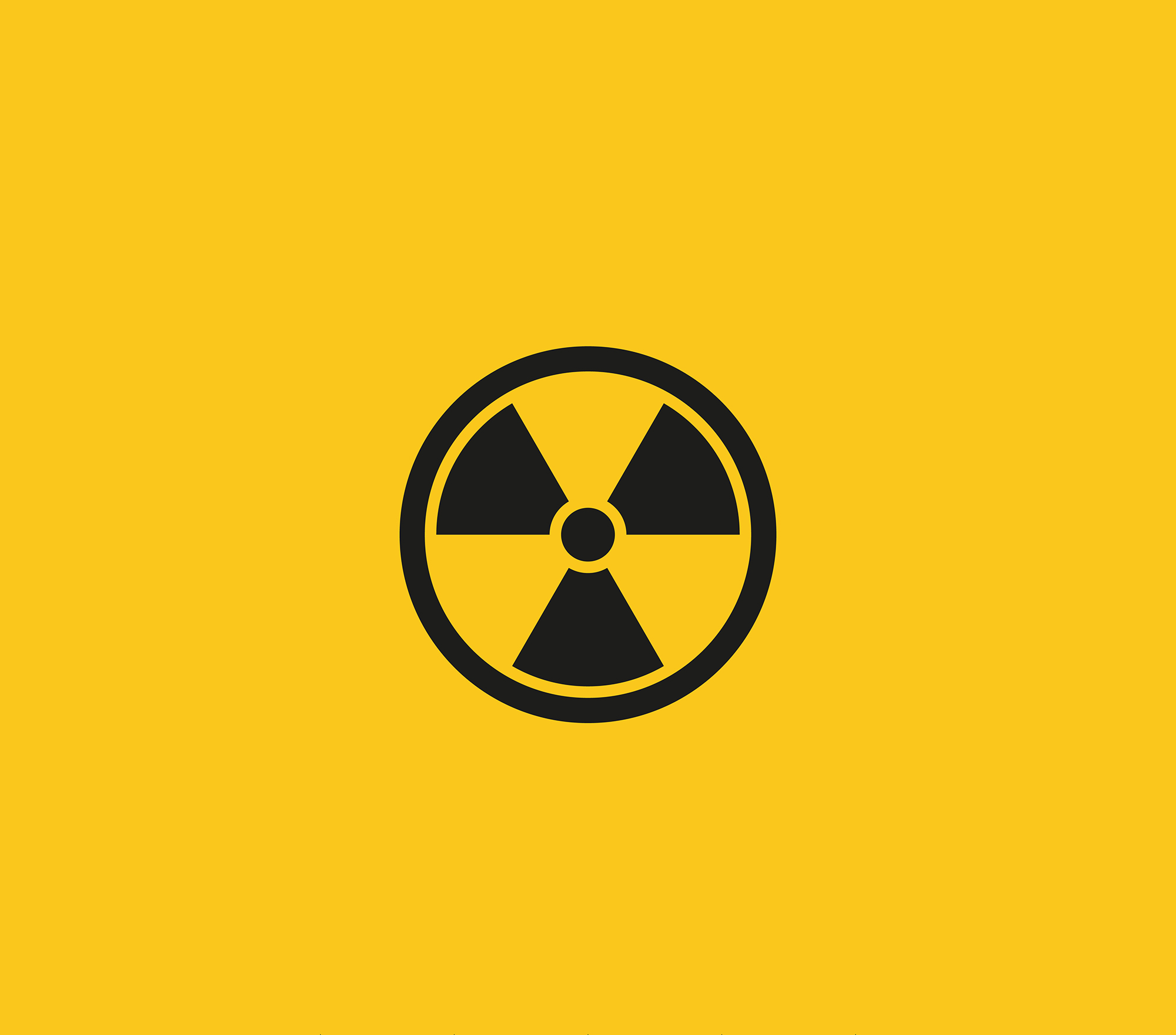New ionising radiation regulations
by Guy Hiscott
 New Ionising Radiation Regulations (Northern Ireland) 2017 (IRRNI2017) came into force on 1 January 2018 and these replace the previous regulations (IRRNI2000).
New Ionising Radiation Regulations (Northern Ireland) 2017 (IRRNI2017) came into force on 1 January 2018 and these replace the previous regulations (IRRNI2000).
One of the biggest changes introduced by these revised Regulations is the introduction of a risk-based approach to telling HSENI of your work with ionising radiation.
The Health and Safety Executive for Northern Ireland (HSENI) is one of a number of public bodies that regulate work that has the potential for exposure to radiation of either workers, the public or both. HSENI’s inspectors advise, inspect, investigate and enforce in a flexible and proportionate way so that radiation exposure of employees and others, arising from work activities, is adequately controlled.
Under IRRNI2017, if you work with an ionising radiation source, you’ll need to apply to HSENI under the following categories:
- Notify
- Register
- Get consent.
You’ll need to apply even if you’ve already previously notified us under the last set of legislation that you work with ionising radiation. You must make the new application on or before 5 February 2018.
The new form can be downloaded from the HSENI website www.hseni.gov.uk, and this will allow you to apply in the relevant category, ie, notification, registration or consent. One application may be sufficient for multiple sites under your control.
Who does the change affect?
This change applies to all employers including those who work with the following:
- Radioactive material: artificial radionuclides and naturally occurring radionuclides that are processed for their radioactive, fissile or fertile properties
- Radiation generators, such as X-ray devices
- Work in an atmosphere containing radon above an annual average concentration of 300Bq m-3
- The deliberate administration of radioactive substances to people or animals for medical or veterinary diagnosis, treatment or research.
You don’t need to notify, register or get consent for work with artificial or naturally occurring radionuclides that are:
- At the very low end of specific concentration levels
- Below specific quantity levels
- Sealed sources that are type approved by HSE and below low dose rates
- Electrical apparatus that is type approved by HSE and below low dose rates
- Any cathode ray tube or other device operating at a voltage at 30kV or below, and below low dose rates
- Contaminated material that the appropriate environment agency has declared not to be subject to further control.
You can find out more about dose rates and work for which you don’t need to submit an application in Schedule 1 of the Approved Code of Practice and guidance:
There will be no fees at the Health and Safety Executive Northern Ireland for notification, registration or consent for work within Northern Ireland. We strongly advise that you consult with your radiation protection adviser (RPA) to ensure that you submit your information to HSENI at the appropriate tier of the graded approach.
HSENI has the power to revoke registrations or consents where appropriate. You can find out when we’ll consider revocation in our detailed guidance document.
To find out more
Other reasons you may need to send information to HSENI under the IRRNI2017 include:
- Where a radiation employer suspects or has been informed that an overexposure has occurred (see regulation 26)
- Notifications of certain occurrences such as losses, spillages or releases of certain quantities of radioactive substances (see regulation 31).
From 6 February 2018 medial exposure greater than intended should be reported to RQIA.
If you need to contact HSENI, please e-mail the following address: mail@hseni.gov.uk. Alternatively, if your application, and any supporting documentation cannot be sent by email, contact us on +44 (0) 28 9024 3249 and we will make arrangements for a postal application.
Further information can be obtained from the HSENI website www.hseni.gov.uk.

